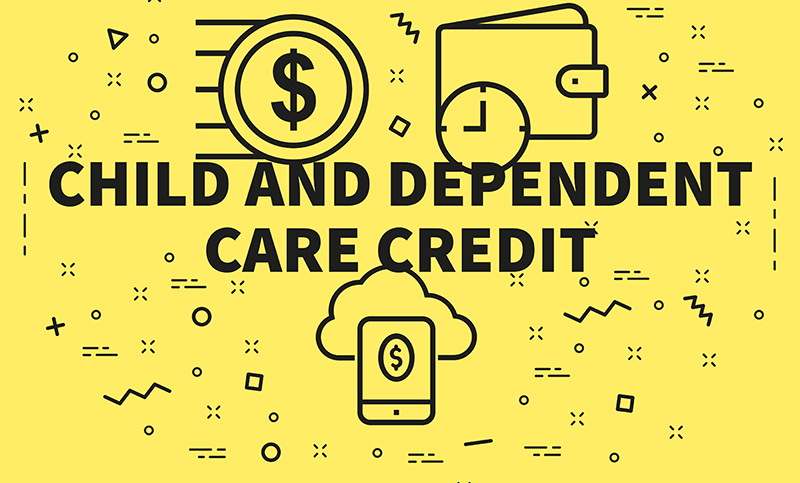Do You Qualify for the Child and Dependent Care Credit?
June, 01 2016 by Charla Suaste
As the end of the school year quickly approaches, working parents across the country are making arrangements for summer childcare. But while babysitters and day-camp programs can provide safe and fun environments for your children while you work to support your family, paying for them can feel like the equivalent to tossing your money out into the summer breeze. The good news is, the Child and Dependent Care Credit is available to help offset some of these expenses. While you may not see the benefit of this credit right away, it could make all the difference in your tax bill come next April. If you are curious about whether or not you may qualify, here are four tips to help point you in the right direction:
- You (and your spouse, if applicable) must have earned income within the same tax year.
- The expenses you pay must be considered “necessary” in order for you to work. (There are exceptions if you or your spouse are disabled or considered full-time students.)
- The care must be provided to children for whom you are the custodial parent or legal caretaker. Additionally, qualifying children must be age 12 and under.
- The caretaker’s information must be documented and provided to the IRS upon request.
As always, there are a variety of additional exceptions and qualifications for the credit that are not all covered here. If you do have questions about whether or not your situation qualifies you for the Child and Dependent Care Credit, please visit IRS.gov for more information.





